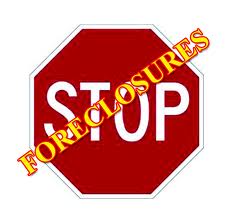Home sales, listings down for November 2014
While still touting a housing market recovery, area real estate associations are mindful that the market is still recovering, with the fits and starts that all that entails.
Data for November bear this out, with the area Associations of Realtors reporting November decreases in pending sales, closed sales and new listings.
Pending sales, or the number of signed purchase agreements, fell 7.5 percent in November compared with last year. New listings decreased 12.8 percent. November closed sales ended down 17 percent to 3,213 sales, versus last year’s 3,873 sales.
The median sales price rose 5.1 percent to $205,000, marking 33 consecutive months of year-over-year median price gains. However, this figure was down from an October median of $209,000.
As has been the case in recent years, the year-on-year uptick in prices indicates fewer distressed properties on the market; these properties, foreclosures and short sales, are where the home sells for less than is owed on the mortgage, and typically drag down median prices.
 The Minneapolis, St Paul, Twin Cities housing market is clearly continuing the process of recovery. Sales prices are up, but on fewer overall sales. Fewer distressed sales (foreclosures and short-sales) are certainly a welcome sign for homeowners and Realtors alike.
The Minneapolis, St Paul, Twin Cities housing market is clearly continuing the process of recovery. Sales prices are up, but on fewer overall sales. Fewer distressed sales (foreclosures and short-sales) are certainly a welcome sign for homeowners and Realtors alike.
The Minneapolis Association of Realtors cited increased condo activity for the rise in prices. The median price of new construction condominium sales rose 65.2 percent in November to a new high of $366,242, it said.
Mortgage interest rates continue to hold just slightly above historic lows, making homes very affordable. You can check current MN, WI, IA, ND, SD interest rates here.



